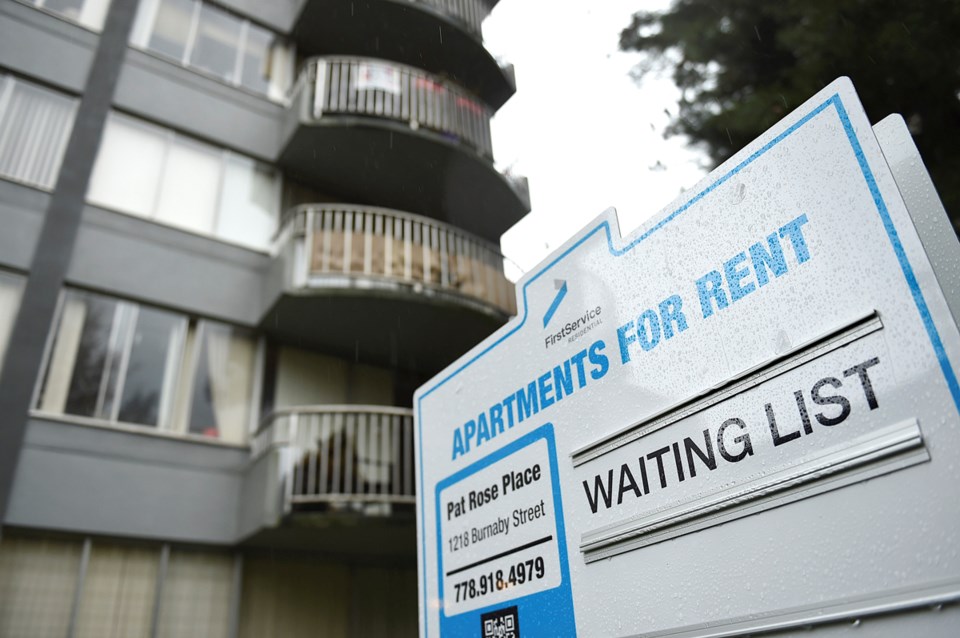With the B.C. government releasing its “restart” plan, people are already starting to use phrases like “light at the end of the tunnel” and pondering what the next phase will look like.
I think that’s a little too optimistic, but I think it’s fair to consider what happens in the near-future if B.C. COVID-19 numbers continue to improve. One area that is vitally important to assess is what happens to tenants once the current protections offered by the state of emergency end.
Premier John Horgan has been extending the state of emergency in two-week blocks and says they will continue for the “foreseeable future.” That could mean a month or it could mean several months depending on if COVID-19 surges in B.C.
The protections offered to renters include a ban on evictions and hikes in rent.
At some point, these protections are going to end and it’s fair to start asking what happens then to people who were unable to pay some or all of their rent during the crisis? And what about people who are still without jobs when the state of emergency is lifted?
In Burnaby, I expect some landlords to attempt to punish their tenants for the temerity to not pay their rent because they literally didn’t have any money after losing their jobs. Others will shrug, take the loss and move on.
I don’t know if these eviction attempts will be successful, but some will try.
The key is that landlords have an advantage because the vacancy rate is so low. A lot of people struggle to find a place to rent because there aren’t enough places available so landlords get their pick of the litter.
Tish Lakes is a Vernon-based legal advocate who has the same questions.
“One of my big questions - and maybe the media has a way to push? – is what happens when the emergency order ends,” Lakes told me. “There will be a bunch of outstanding order of possession -most of which can’t be enforced right now - as well as rent owing if people haven’t gotten access to sufficient supports. And some landlords may serve other eviction notices, some valid, some not.”
Lakes is particularly concerned about how Horgan will go about lifting the protections and if renters will just be left without a chair when the music stops.
“Will there be a rush of enforcement and eviction notices?” she asked. “Will there be any interim orders to make a more gradual transition? For example, way, way back there was a provision in the Residential Tenancy Act for a tenant to apply for more time to pay rent, but under the current act it’s a 10-day notice with five days to pay or file for dispute resolution if tenants contend they did pay. Note: there is a common misconception that a tenant can use repair issues to offset rent payment, when in fact the two issues are rigorously separated in dispute resolution process. As one example, you know that some landlords aren’t willing to help apply for the emergency benefit, so, if they refuse and the outstanding rent is $500 or less, will that be a defence for tenants?”
These are all valid questions. Some Burnaby renters have messaged me wondering what will happen in the near-future. They are living in fear. First, they fear not getting their jobs back and the federal benefits ending. Second, they fear possible retribution from their landlords.
That’s no way to live.
Follow Chris Campbell on Twitter @shinebox44.



